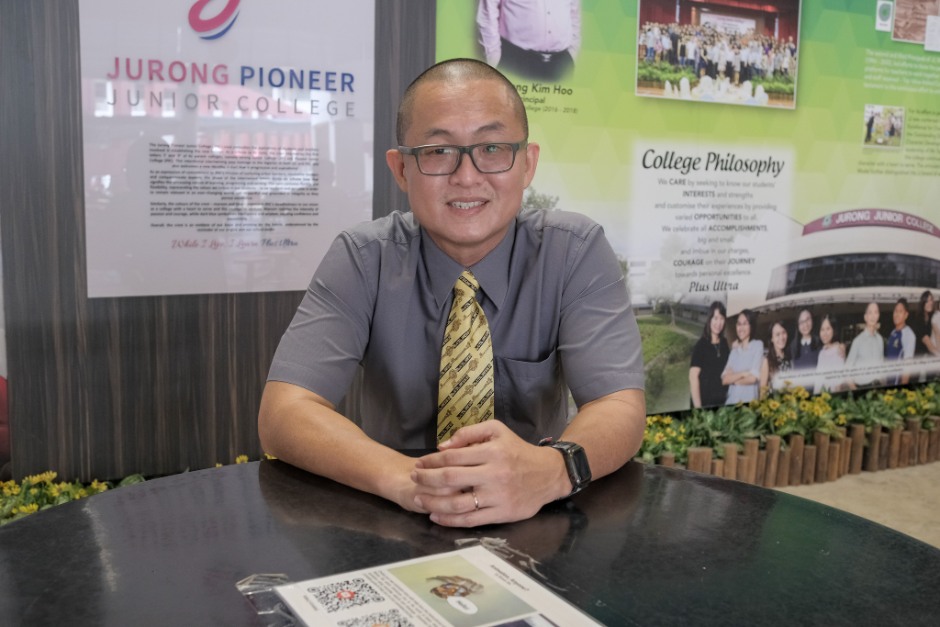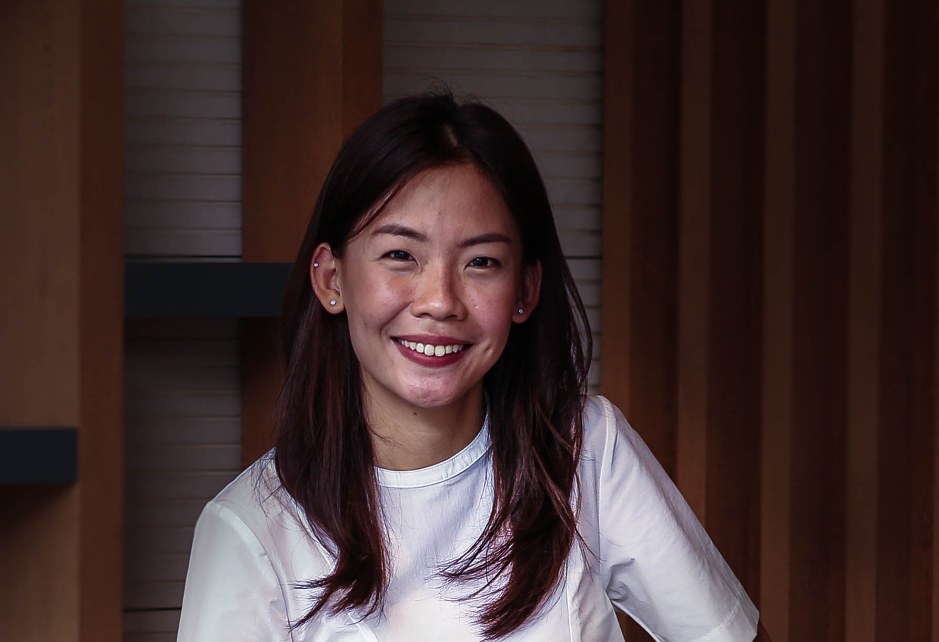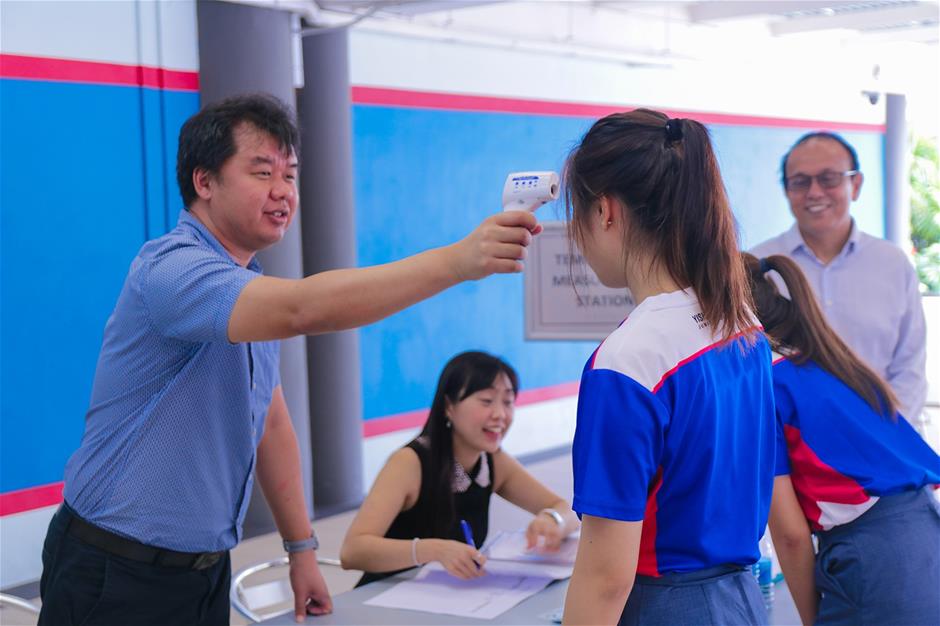China makes news every day and its policies and activities have widespread impact on the lives of people across the globe. What are the regional and global implications of its rise as an economic superpower? What opportunities does it present?
These and other questions are addressed as part of an A-level subject currently offered at five junior colleges in Singapore. China Studies in English (CSE) seeks to equip students to become more China-conversant and grow their understanding of contemporary developments in the country.
CSE focuses on the transformation of contemporary China through an examination of its economy, politics, society, and international relations. It will also develop the students’ critical thinking and information literacy to understand these developments, and instil in them an awareness of the regional and global implications of China’s rise, which will better help them seize the dynamic opportunities that China has to offer.
CSE students will also better appreciate Singapore’s interests and perspectives in its engagement with China, and contribute in their own capacity to further Singapore-China engagements. CSE is currently offered at Anglo-Chinese Junior College, Jurong Pioneer Junior College, St. Andrew’s Junior College, Victoria Junior College and Yishun Innova Junior College.
Let’s find out more about CSE from a current student and teacher, then hear from a CSE alumnus on how the subject helped in her career.
CSE Student: ‘Its multidisciplinary approach helps in my exploration of real-world issues”

Murali Shamesh Kumar Shanwei is a JC2 Arts student at Jurong Pioneer Junior College, and majors in H2 Geography, H2 Economics and H2 ChinaStudies in English. His contrasting H1 subject is Mathematics. Murali is fascinated with how China evolved to become a global power today.
1. What is China Studies in English (CSE) to you?
CSE is a subject where I learn about China’s economy, political system and culture. I like how it is multi-disciplinary in nature. It is also a contemporary subject in which I can explore the realities of the complex and multi-faceted world we live in.
2. Why did you pick CSE over other Humanities subjects?
The subject helps me to develop a deeper understanding of current global and regional trends through the study of China’s interactions with other countries. In addition, I find it fascinating to examine how China evolved to become the global power that we see today.
In the future, I may also explore opportunities to work in China, thus it will be important for me to deepen my understanding of Chinese society and culture, which will improve my interactions with my counterparts there.
3. Would you recommend CSE to other students?
I would, as it is a very dynamic subject, and it has sparked in me a greater interest in international affairs. For example, I now keep a close watch on the developments between China and the United States because the tensions between these two global powers have ramifications on the world, including Singapore.
4. What have you learnt from CSE that are particularly valuable and relevant to you?
CSE has helped me sharpen my critical thinking skills and gain the relevant knowledge of issues and challenges in China. I have learned how to evaluate issues from multiple perspectives and deepen my analytical skills. For example, the examination of sources in the Case Study component has taught me to differentiate facts from opinions and not be hasty in making judgements.
5. Was there a CSE lesson that was especially memorable? How did it impact you as a student?
There was a CSE lesson on the topic of the Internet in China which I found particularly interesting. From this lesson, I can now better understand the impact of social media in shaping state-society relations.
6. How has CSE changed your views and dispositions towards contemporary China?
I used to think that China was under-developed, but CSE has totally changed my perspective towards the nation; I now see China as a dynamic and technologically advanced major power.
CSE Teacher: “Students emerge more informed and equipped as global citizens”

Mr Lim Wui Lester is a Lead Teacher for History at Jurong Pioneer Junior College (JPJC). He has 25 years of teaching experience, and has taught CSE since 2007. He thinks of CSE as an amalgamation of various Humanities and Social Sciences disciplines.
1. What unique value does CSE offer to students?
I think of CSE as an amalgamation of various Humanities and Social Sciences disciplines: History, Geography, Economics, Sociology, Political Science and International Relations rolled into one, applied to the dynamic context of China’s development. Few subjects offer students this kind of learning experience where multi-disciplinary understanding about a country is purposefully developed, and students learn how to persuasively communicate their perspectives on regional and global affairs.
2. Does it venture beyond China-centric knowledge?
CSE teaches several big ideas that are useful for understanding today’s complex, multifaceted world, including development, governance, institutionalisation, civil society, political legitimacy, diplomacy and power. In CSE, there is a further emphasis for students to appreciate and learn the interrelationship between concepts, to help them better understand issues in a real-world context.
Generally, students become more aware of the developments and transformation that are taking place in China, our region, and the world at large. They also gain greater confidence as they become more informed global citizens.
Many become keenly aware of how geopolitical realities can be viewed from different perspectives, as well as the opportunities and vulnerabilities faced by Singapore in an uncertain world and the impact of an increasingly powerful China.
3. How do you make your lessons compelling for your students?
I try to relate the lessons taught to current affairs issues. For example, during the weeks where news headlines were reporting on US-China trade relations, I engaged students in exploring the implications of trade relations on China’s development as a consumption-based economy and on trade networks. Students are excited when they are able to apply and contextualise what they learn in the classroom to the world they are living in.
Furthermore, a signature CSE programme at JPJC is the overseas cultural immersion trip to China. Many students shared that such trips increased their awareness of how Singapore can potentially participate in China’s development, and the need for Singapore to continually upgrade itself and remain a relevant and important partner to China’s development. Students also recognised future career opportunities in China.
4. Name one unexpected learning outcome from CSE.
Students will get the opportunity to develop more powerful information skills as CSE exposes them to a diversity of information sources, often with contending perspectives. They will be able to read news articles and social media posts more critically, such as to differentiate between facts and opinions. These are great skills relevant for navigating our information-rich environment.
5. In a sentence, what would you say to prospective CSE students?
If you want to take a subject that goes beyond the four walls of the classroom and turbo-charges your understanding of global affairs, choose CSE!
CSE alumnus: “My CSE trips inspired my career and business paths”

Megan Lim Yi Xiu was from the pioneer batch of CSE students at Temasek Junior College from 2007 to 2008. She graduated from the Singapore Management University (SMU) in 2013, having majored in Political Science and Strategic Business Management. She is now a marketing director. Tales from ancient China piqued Megan’s interest in learning more about the country at a deeper level.
1. Why did you pick CSE as one of your A-Level subjects?
My parents are not Chinese-speaking, so I first learned Chinese from a native-speaking Chinese tutor when I was a child. She taught me Chinese culture via the classical repertoire of poems, ancient stories and dynastic histories. These stories piqued my interest in getting to know China at a deeper level and when CSE came about, I jumped at the chance of getting to know China as a school subject.
2. How did CSE shape your choice of university major?
CSE exposed me at an early age to concepts and ideas related to Political Science, which led me eventually to major and graduate as a Political Science student from SMU.
3. Did CSE have an impact on your career choices?
CSE has been most instrumental in shaping my career choices over the years. I remember especially the CSE overseas school trips to Shanghai, Nanjing and Suzhou, which gave me first-hand experience and exposure to Chinese industries and businesses. As a young student, the trips inspired me so much that I decided that I would want to work in Shanghai after completing my degree. And indeed, I managed to secure my first job in Shanghai after graduation. I have also worked in other big Chinese cities like Guangzhou and Chengdu.
4. Would you encourage students to take CSE and why?
My career choices have very much evolved from my exposure to CSE from more than a decade ago. I would not be where I am today managing and working with over 20 Chinese staff in Singapore without my exposure to CSE. Even if students have no intention to work in China or be involved in a China-related industry in Singapore, I would encourage students to still take the subject as CSE has taught me to be critical, to study issues from multiple perspectives and to always have an opinion of my own. These are skills that I believe would serve an individual well in any course of study or profession that one would eventually pursue. CSE remains my favourite subject and a subject that I will recommend students to take in a heartbeat.
Update (Jan 2025): The course is no longer available at St. Andrew’s Junior College.






